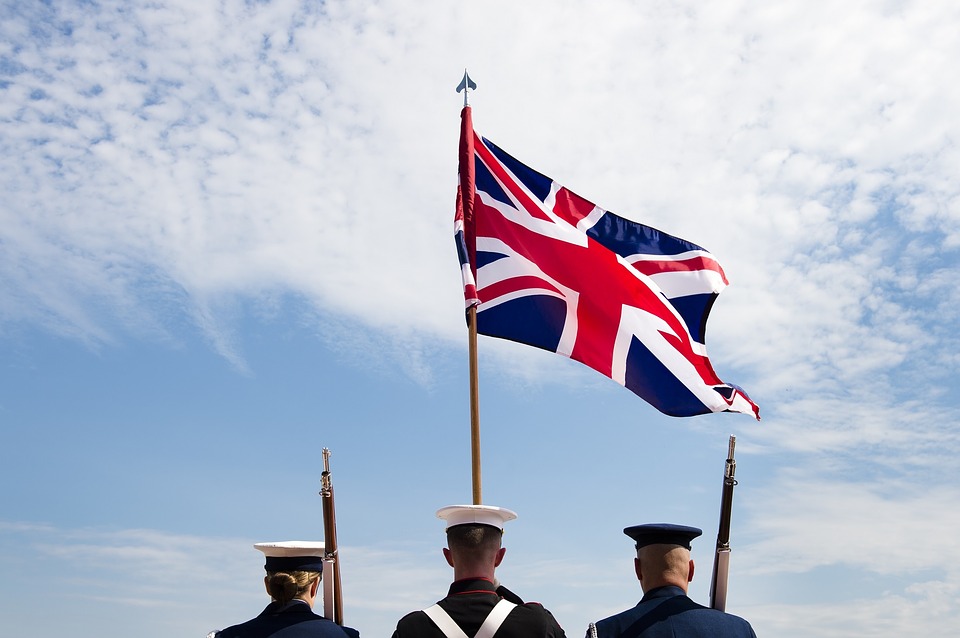According to the European Bureau for Combating Fraud (OLAF), the volume of goods from China, imported through the British ports for the past three years, more than doubled - from 192 thousand tons in 2013 to 407 thousand tons in 2016. They were imported at a known understated price: thus, women's cotton pants were valued at 0.9 for 1 kg versus the average European price of € 26. The duty was 12% of the declared value, 86% of the goods were immediately exported to other EU countries, and one-day companies involved in the criminal scheme disappeared without paying VAT, OLAF stated. As a result, the EU estimated the shortfall in customs fees of € 2 billion, and VAT losses - € 3.2 billion. Brussels also accused British customs officials of inadequate cooperation with EU counterparts. According to Ernesto Bianchi, the head of the OLAF investigation department, the British Customs is responsible for 79% of all unearned income of the EU budget from customs duties in 2016.
Note, however, that the UK's foreign trade statistics do not confirm Brussels's assumptions about a sharp increase in the re-export of imported goods to the EU. Despite growing volume of suspicious transactions, the country's total exports to the EU have been steadily declining: the trade deficit of the UK with the union countries rose from 2013 to 2016 from £ 69.4 billion to £ 95.62 billion. The British customs officials themselves do not agree with the accusations. According to the agency’s representative, now there are 550 cases of possible fraud with import duties being investigated. In addition, they noted that the amount proclaimed by OLAF is only a preliminary estimate and will be challenged. The sum is indeed unprecedented for the EU. In 2015, the bureau estimated amount of funds, lost by the EU budget as a result of various cases of fraud in all 28 countries of the Union, at € 888 million, of which damage from the use of customs schemes accounted for € 97.9 million. At that, the European authorities were able to collect only € 187 million by law.
Earlier, British Prime Minister Teresa May announced her desire to conclude the largest free trade agreement with the EU in the framework of a "deep and special" partnership. Negotiations should begin in late May. If agreement cannot be reached, London will obey WTO rules in trade with the EU countries. The EU also warned the UK against conducting trade negotiations with third countries until the process of secession is completed.
source: dailymail.co.uk
Note, however, that the UK's foreign trade statistics do not confirm Brussels's assumptions about a sharp increase in the re-export of imported goods to the EU. Despite growing volume of suspicious transactions, the country's total exports to the EU have been steadily declining: the trade deficit of the UK with the union countries rose from 2013 to 2016 from £ 69.4 billion to £ 95.62 billion. The British customs officials themselves do not agree with the accusations. According to the agency’s representative, now there are 550 cases of possible fraud with import duties being investigated. In addition, they noted that the amount proclaimed by OLAF is only a preliminary estimate and will be challenged. The sum is indeed unprecedented for the EU. In 2015, the bureau estimated amount of funds, lost by the EU budget as a result of various cases of fraud in all 28 countries of the Union, at € 888 million, of which damage from the use of customs schemes accounted for € 97.9 million. At that, the European authorities were able to collect only € 187 million by law.
Earlier, British Prime Minister Teresa May announced her desire to conclude the largest free trade agreement with the EU in the framework of a "deep and special" partnership. Negotiations should begin in late May. If agreement cannot be reached, London will obey WTO rules in trade with the EU countries. The EU also warned the UK against conducting trade negotiations with third countries until the process of secession is completed.
source: dailymail.co.uk


















